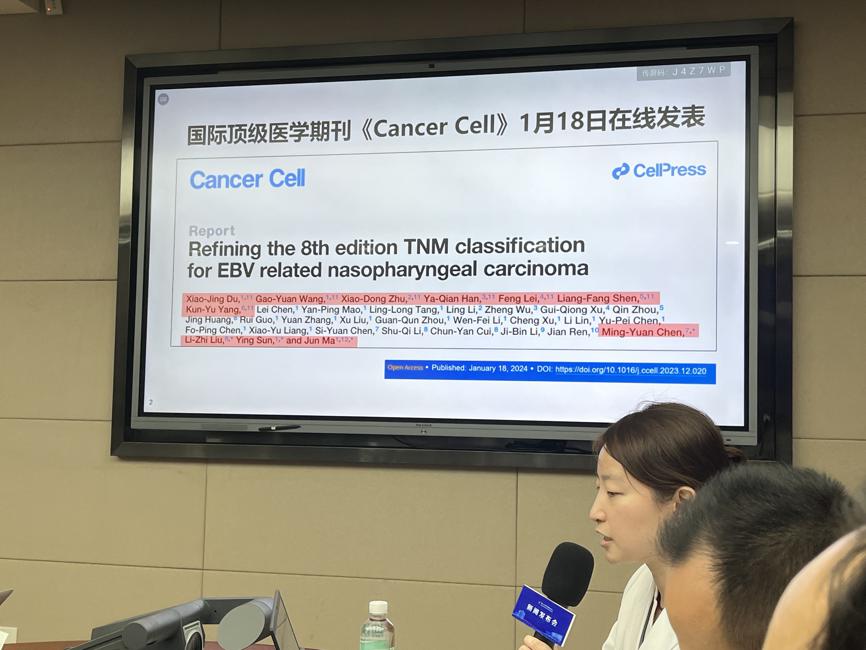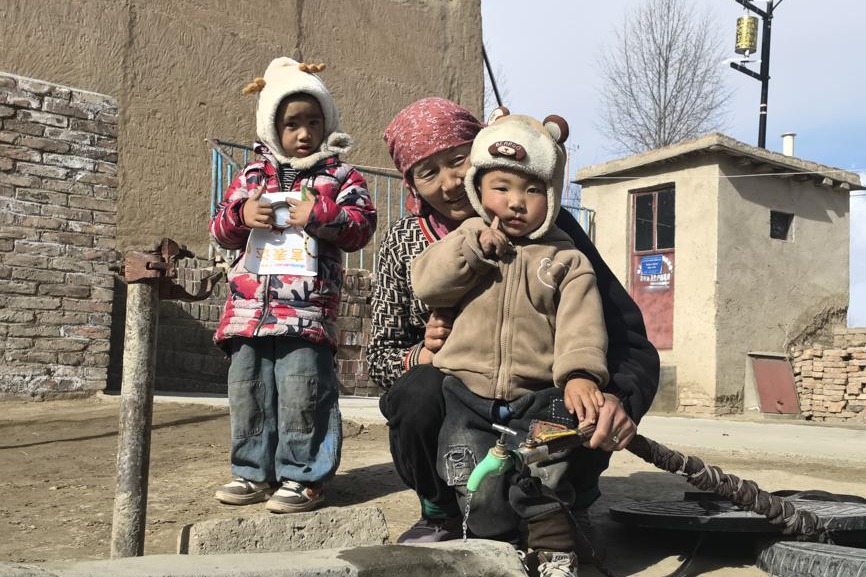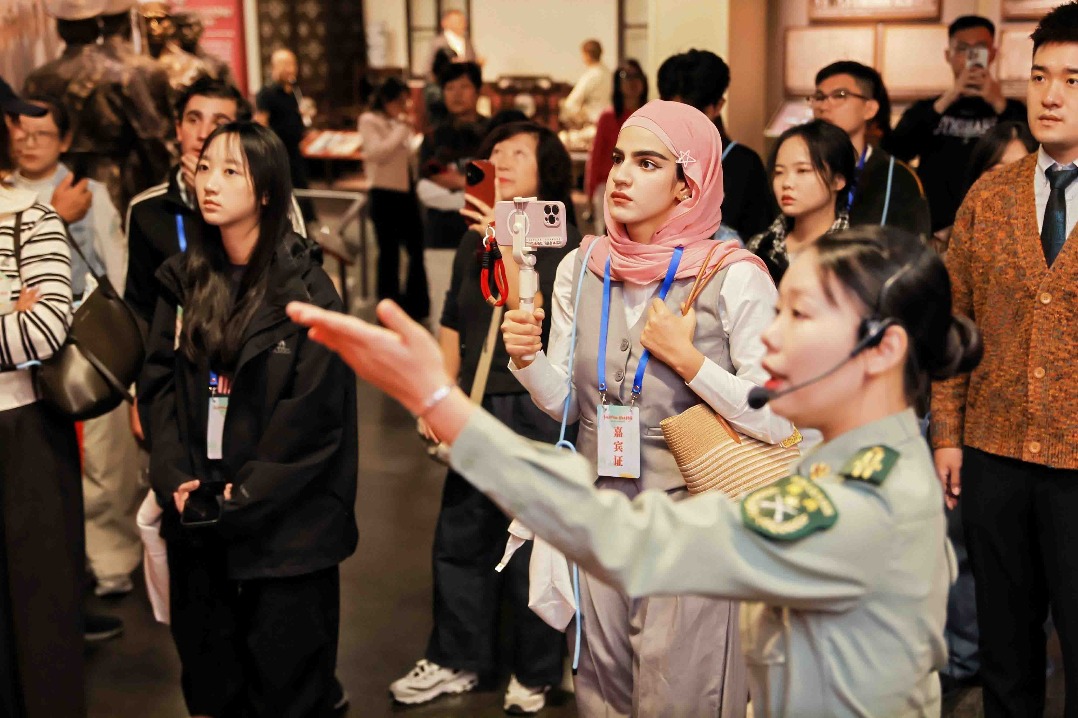Chinese scientists propose revisions to AJCC/UICC cancer staging system


China accounts for 47 percent of new cases of nasopharyngeal carcinoma worldwide each year, with a particularly high incidence in the southern Chinese region, according to Ma.
Last year alone, 6,852 new nasopharyngeal carcinoma patients were diagnosed in Guangdong province.
According to Ma, the clinical data of epidemic areas is crucial for improving accurate clinical staging.
Ma's team has spent decades researching clinical staging standards for nasopharyngeal carcinoma using the cancer center's big data platform.
Nine revisions have been made to prior editions of the AJCC staging system for nasopharyngeal carcinoma in the previous two decades, five of which resulted from Ma's team's research.
The research results have corrected 30 percent of patients with incorrect staging, avoiding misdiagnosis and mistreatment.
Based on the current staging system, only patients in the early stages receive simple radiotherapy, while the remaining patients need to receive comprehensive radiotherapy treatment combined with chemotherapy, said Ma.
Among them, nearly 90 percent of patients require chemotherapy, and the treatment-related toxicity is high, he added.
- Tunpu culture: A collision of civilizations
- China begins preparations for Shenzhou XXII launch
- New teaching materials to aid international Chinese language education released
- CHTF features innovative tech that coverts seawater into plastic
- Policy allowing Guangdong vehicles to travel to Hong Kong takes effect
- HK and Shenzhen jointly host the first cross-border marathon of National Games



































